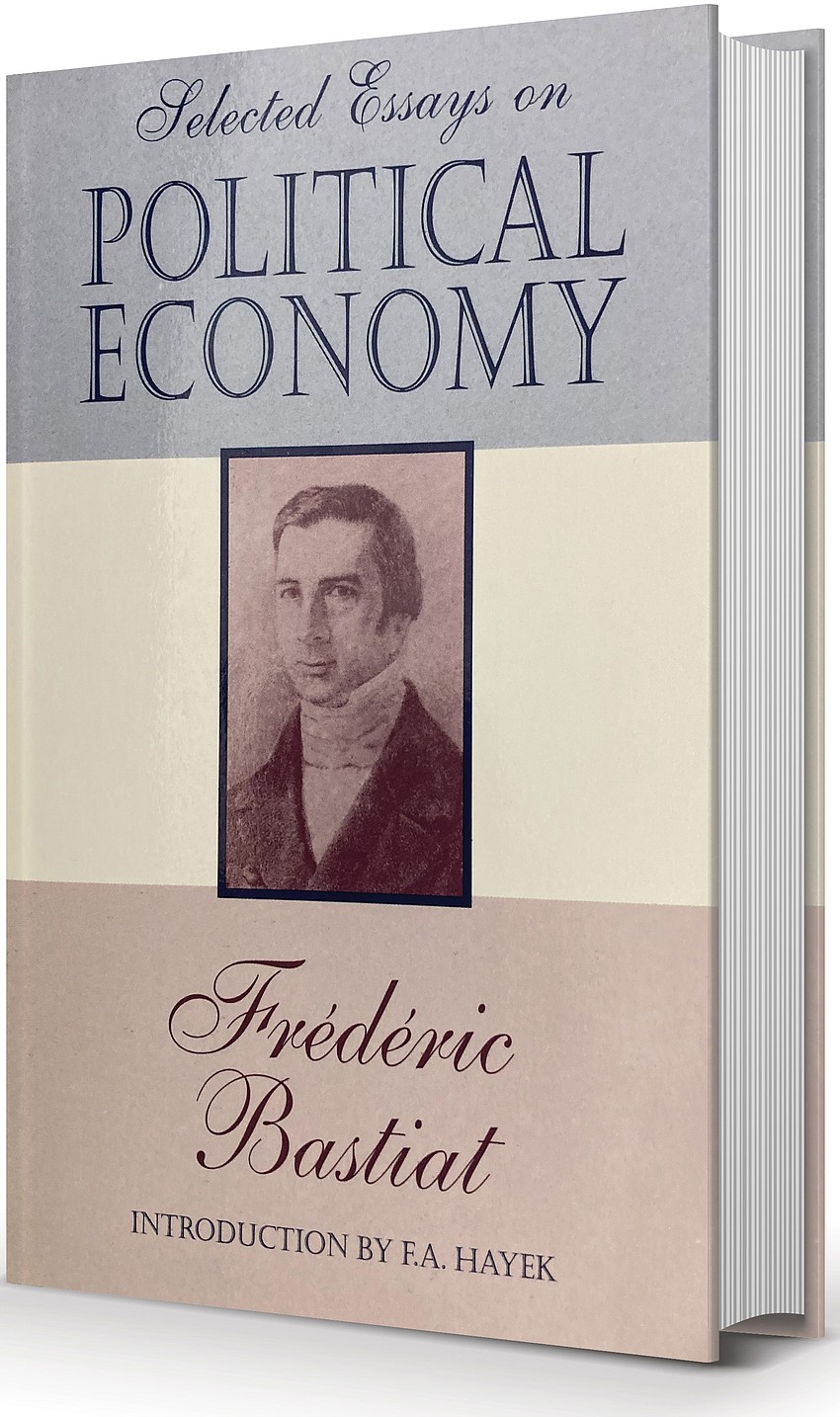- April 30, 2025
-
-
Loading

Loading
So it begins — a new year.
We tell ourselves it’s time to start fresh. A new beginning, with new energy and a spirit and desire to be optimistic, hopeful and to believe — to believe we can make this a good year for ourselves, our families and those around us.
Put 2023 in the rearview mirror. It was awful in so many respects. In fact, by the end of 2023, it was understandable if you had become so disgusted and disheartened with the swirl of the international wars, culture wars, open borders, inflation, crime, Donald Trump, Hunter Biden, congressional dysfunction, etc. that you decided the best thing to do during the holidays was to block all of it out.
Which is what we did. We imposed a 10-day blackout on almost all local, regional, state, national and world news.
It’s remarkable how going news-less improves your state of mind.
To fill the void, we enjoyed family (a lot) and turned to four books:
All four should go on your reading list. Each will expand your knowledge and enrich your thinking far beyond what you know and far beyond what you would read or hear in the popular modern press.
And while the subject matters and periods of these books are so different, the stories told are connected like cousins in an overarching way. In addition to the rich, historical details to which the authors regale readers, together the four books show how little has changed from Bastiat’s 1840s France to the United States’ disastrous evacuation from Afghanistan in 2021.
The connected lesson: From then up to now, the heredity and behavior of politicians are the same. They think they are gods. Power corrupts them. They lie. They use the law to plunder and pillage the ordinary people who elect them. They bestow favors on their greedy benefactors at the expense of the powerless. They care more about doing what’s good for themselves than what is just and right.
The one exceptional politician in these four books was Ulysses S. Grant. Chernow documented with incomparable reporting and research that Grant was knowingly none of what is described in the preceding paragraph.

When you take Grant’s life from pre-Civil War to his leadership during the war to his two-term presidency during Reconstruction, you should conclude without hesitation that Grant was one of the most honorable, effective and consequential presidents in our nation’s history.
Historians scoff at Grant for naively appointing cabinet members and aides who betrayed him with their crooked behavior, bribing and public theft. But what Grant faced during Reconstruction was far worse and greater than any domestic terror and challenges a president has faced during the 20th and 21st centuries.
Grant saw his job after the war as that of a peacemaker trying to re-unite the North and the South. But for eight years, he had to try to quell an unrelenting, vicious, pro-slavery Democratic Party of white racists and the Ku Klux Klan who wantonly massacred thousands of newly freed slaves throughout the South in the mid-1870s. Chernow’s descriptions of these rampages are so horrifying they bring to mind the carnage that Hamas terrorists inflicted on innocent Israelis last October.
As we said, little has changed: Evil has always been and is everywhere.
It’s not likely you can be persuaded to read something as dull sounding as “Selected Essays on Political Economy,” written by a Frenchman in the 1840s no less.

But here’s one reason why Frederic Bastiat’s essays are relevant today: Bastiat was one of France’s staunchest advocates for individual liberty and free-market capitalism when most of France’s national politicians were advocating for socialism (see below).
When you read his essays, it’s remarkable how his arguments then can be overlayed on the national trends toward socialism and anti-liberty in the U.S. today. To wit:
“It is fundamentally impossible for [the State] to confer a particular advantage on some of the individuals who constitute the community without inflicting a greater damage on the entire community.
“… If [the State] withholds the boon that is demanded of it, it is accused of impotence, of ill will, of incapacity. If it tries to meet the demand, it is reduced to levying increased taxes on the people, to doing more harm than good, and to incurring, on another account, general disaffection.
“Thus, we find two expectations on the part of the public, two promises on the part of the government: many benefits and no taxes. Such expectations and promises, being contradictory, are never fulfilled.”
Politicians never accept this truth.
In the 673 pages of Ayn Rand’s letters — written a century after Bastiat’s essays — her overriding theme, remarkably, is the same as Bastiat’s: the virtues of individual liberty and capitalism versus the horrors of the State.

In a July 1934 letter to her literary agent, Jean Wick, Rand wrote that her first novel, “We the Living,” is “not a novel about Russia. It is a novel about the problem of the individual versus the mass, a problem which is the latest, the most vital, the most tremendous problem of the world today …”
Nine days later, she wrote to H.L. Menken. “I intend to be the first one in a new battle which the world needs as it has never needed before, the first to answer the many too many advocates of collectivism and answer them in a manner which will not be forgotten.
“…I know that I am only a would-be David starting out against Goliath — and what a fearful, ugly Goliath! … I have heard so much from that other side, the collectivist side, and so little in defense of man against men, and yet so much has to be said. … I believe that man will always be an individualist, whether he knows it or not, and I want to make it my duty to make him know it.”
In a 1943 letter to Isabel Turner, a fan of “The Fountainhead,” Rand wrote: “I was pleased to hear that you found many people who are in complete agreement with my ideas of individualism. That is encouraging and hopeful for the future of our country. I have always believed that Americans were individualists, but one can’t help doubting it occasionally when one sees the solid stream of collectivist books that have been dumped on us for the last 10 years.…”
Make that 90 years.
The book jacket of “Kabul” accurately describes the contents: “The full story is worse than anyone imagined.”

While that horrendous tragedy fades in the nation’s memory, it should not. Criminality of the highest order can be ascribed to the complete incompetence, disregard for life and political lying by Joe Biden and everyone in his administration who touched that disaster.
What Biden and his subordinates did to the Marines on the ground at the Kabul airport is forever unforgivable. So is this:
“Interpreters across the country were being executed by the Taliban … Sometimes the men were placed on top of street guardrails with nooses around their necks. In other instances, they were forced to stand in the back of Taliban pickup trucks with a noose connected to a crane above them.
“The outcome, however, was always the same: The men were frequently tortured, and their wives and daughters were raped in front of their eyes. Only after the Taliban castrated them to take the last ounce of their manhood were they finally hung and left in public view as a warning to others.”
We wanted to begin 2024 on this page with renewed energy, optimism and hope. Taking a break from current news during the holidays helped. And while these four books filled us with valuable knowledge, unfortunately, they reminded us how ordinary people have always been and are still in a fight for freedom versus the corruption of politicians and the State.
And sadly, as we head into the 2024 elections, these books also remind us, as we said, how little has changed over the centuries. In the end, after the votes are counted, all we are doing is exchanging one set of tyrants for another.
But in the words of Churchill, “Never give in.”